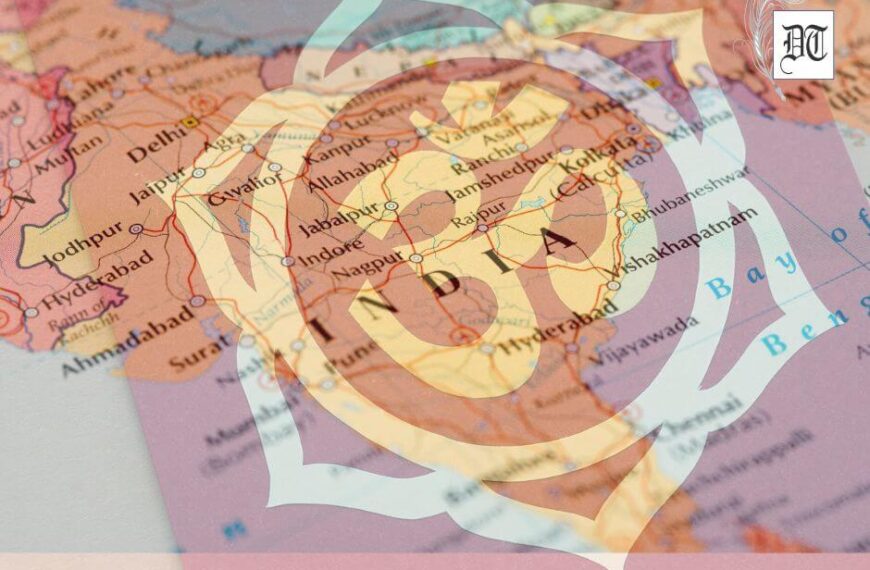Many may deride Gandhi today. Still, if we think deeply, he was the one who genuinely believed that a freedom won by bad means would be a bad freedom. He has been proved right. Jamuna revisits history and asserts the relevance of Mahatma Gandhi in an era of growing intolerance and violence, exclusively in Different Truths.
Very often, we justify all kinds of actions of ours by justifying it in various ways. In various ways, we point out a finger at others when we have done something wrong. We do know two wrongs don’t make one right but that is the most commonly used philosophy/ justification today.
Why just personal life? Even in social and political life, the way we function is more or less the same.  Which is why it helps if we examine morally sound people and movements.
Which is why it helps if we examine morally sound people and movements.
Many may deride Gandhi today. Still, if we think deeply, he was the one who genuinely believed that a freedom won by bad means would be a bad freedom. He has been proved right by every other country freed from colonialism by adopting any means possible (Indonesia, Kenya and Algeria, to name a few). His firm belief was that the means are as important as the ends, which is why he never compromised on any of his principles.
“The guns that are used against the British,” Gandhi once said, referring to those Indian freedom fighters who saw assassination of British officials as a reasonable retort to British oppression, “will tomorrow be turned against Indians.” The need to build a group where the discourse of ideas, not the discharge of weapons, would win the day was evident to Gandhi but was not evident to impatient but short-sighted hotheads across the country. Here, Chauri Chaura is something we all need to note, remember and learn from, at least now.
When Gandhi’s Satyagraha movement was in full swing in 1921-22, a group of non-violent protesters was beaten up by some policemen in the small town of Chauri Chaura in Northern India. The instructions to the satyagrahis were very clear, they would take the beatings but not respond in kind.
In this instance, however, the protesters were provoked enough to chase the policemen who, finding they were outnumbered, locked themselves in their police station. The crowd then set fire to the police station, killing 22 policemen.
That the atrocity at Chauri Chaura happened despite Gandhi’s efforts to keep the movement peaceful, that such misfiring was rare in a huge national movement involving hundreds of thousands, made no difference to Gandhi. He took total responsibility as the leader of the movement and staked his entire career upon it. What happened later, something everyone keeps talking about is not as important as the fact that Gandhi never compromised on his principles and hence set a remarkable example for us. Many may think of this as a failure but a morally corrupt success was not a success for Gandhi, so I would say it is a remarkable success of principles.
such misfiring was rare in a huge national movement involving hundreds of thousands, made no difference to Gandhi. He took total responsibility as the leader of the movement and staked his entire career upon it. What happened later, something everyone keeps talking about is not as important as the fact that Gandhi never compromised on his principles and hence set a remarkable example for us. Many may think of this as a failure but a morally corrupt success was not a success for Gandhi, so I would say it is a remarkable success of principles.
Let us all strive to at least recognise people like Gandhi, whether they are leaders now or not. We need to laud and learn the right principles from them. This is the way morally sound movements and nations are born.
For the world to survive, what we need now more than ever before, is a moral compass guiding us.
This shall happen only if we ourselves are morally sound. For this, change needs to begin from within. This can and shall happen once we recognise it as the right direction for us and the world.
©Jamuna Rangachari
Photos from the internet.
#Gandhi #Assasination #FreedomFight #ChauriChaura #Satyagrahi #NonViolence #DifferentTruths




 By
By
 By
By

 By
By